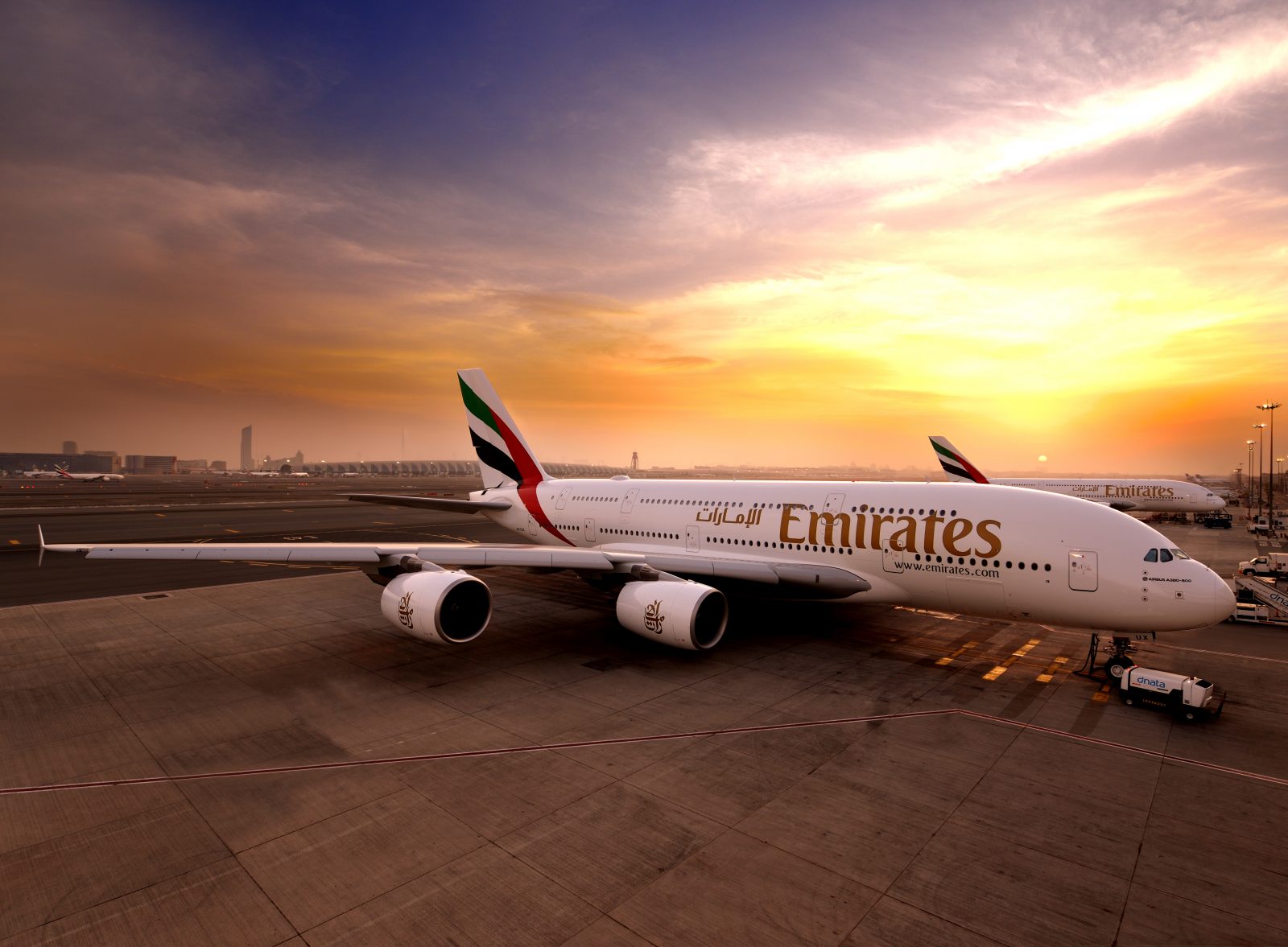
The South African government believes it is being “punished” for raising the alarm over a new COVID-19 ‘super variant’ that has been detected in several countries and which is believed to be behind the start of what could amount to a deadly surge in infections.
Late on Thursday, the British government became the first country to slap South Africa and five other countries with a travel ban. Israel quickly followed and by Friday both Singapore and India had urgently brought in their own travel bans in an attempt to slow the spread of the B.1.1.529 variant.
On Friday morning, European Commission president Ursula von der Leyen also confirmed that the Commission was proposing to initiate an “emergency brake” to stop air travel to the European Union from South Africa, as well as Botswana, Zimbabwe, Lesotho, Eswatini & Namibia.
The variant has an unusually large number of mutations and could be even more infectious than the Delta strain. Governments are worried that changes to the spike protein also mean that the variant could have a high degree of escape from existing vaccines.
It’s important to note, however, that it’s still very early days and much more work needs to be done to understand the danger this variant actually poses. That work could take several weeks and in the meantime, the likes of the British government are cautioning a safety-first approach.
Travellers who need to get to or from South Africa should not delay their journeys as travel is likely to get even harder and potential routes home could be shut down at a moments notice.
The British government gave less than 24-hours notice that it would be shutting down direct flights from South Africa and similar flight bans are likely to be announced by other governments throughout the course of Friday.
For now, the best hope for travellers is to travel through a third country on a connecting flight. This, however, might only be a viable option for a very short period of time. Europe, for example, is already working to shut down flights through its member states.
The most popular option for travellers stranded in South Africa will be through one of the Middle East super connectors like Emirates, Etihad or Qatar Airways. This time, though, these options likely won’t exist for very long.
Both Qatar and the United Arab Emirates (UAE) were slapped with Red List travel bans earlier this year by the British government precisely because they offered an alternative route for travellers.
Persian Gulf countries may also choose to ban travel from Southern Africa in order to protect themselves from wider travel bans. The situation is developing rapidly and travellers have been taken off-guard. The damage to the recovery of the travel sector could be massive.
The hope is that these travel bans will be temporary and merely a pause while scientists do more research into the latest variant. In the meantime, travellers should act quickly to secure their journeys home before travel becomes completely unviable.
Mateusz Maszczynski honed his skills as an international flight attendant at the most prominent airline in the Middle East and has been flying ever since... most recently for a well known European airline. Matt is passionate about the aviation industry and has become an expert in passenger experience and human-centric stories. Always keeping an ear close to the ground, Matt's industry insights, analysis and news coverage is frequently relied upon by some of the biggest names in journalism.







